2024 Annual Meeting Speakers
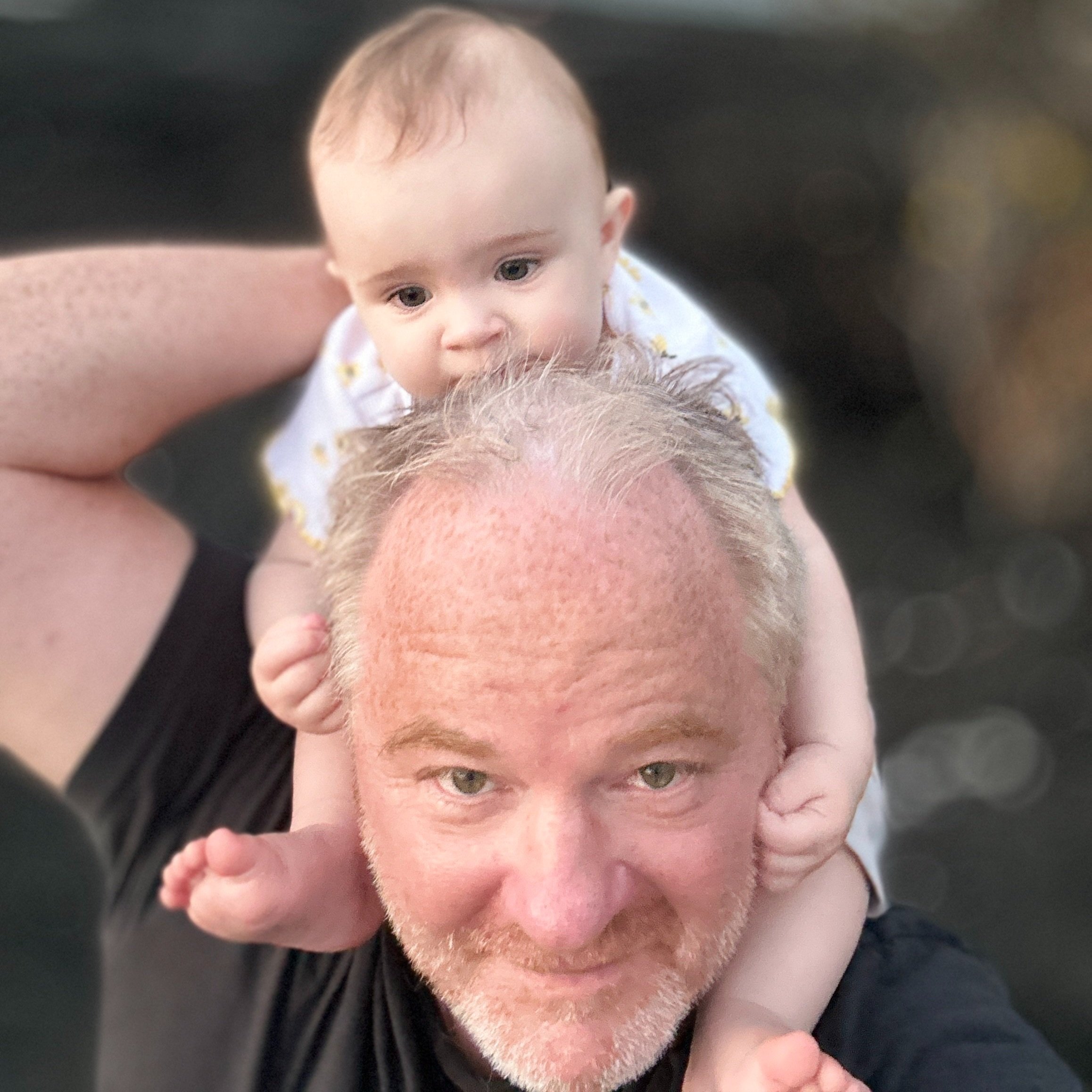
Bob Christensen - Supporting Regional Small Wood Utilization: Why and How
Bob works through the Sustainable Southeast Partnership on community-based natural resource projects that integrate social, ecological and economic values because he believes that the vitality and resilience of nature and its peoples go hand in hand. He appreciates the opportunity to work with community catalysts on their local priorities and with his fellow regional catalysts on finding synergies between our often siloed disciplines. Bob is the sole proprietor of Living Systems Design, a consulting business based in Icy Strait that has been working to facilitate collaborative stewardship at home and abroad for about 25 years. Bob is proud to serve on the Leadership Team of the Rural Voices for Conservation Coalition so that he can learn from colleagues in his field, and share the lessons they have learned in southeast Alaska with a broader network of practitioners. His participation in the the SSP is supported by a variety of partner organizations, including the Nature Conservancy in Alaska and Sealaska. Bob lives on Lemesurier Island, near Glacier Bay, Alaska and have been working as an environmental consultant in Southeast Alaska for about 20 years. Bob loves to hunt, fish, kayak, hike and hangout with family and friends.
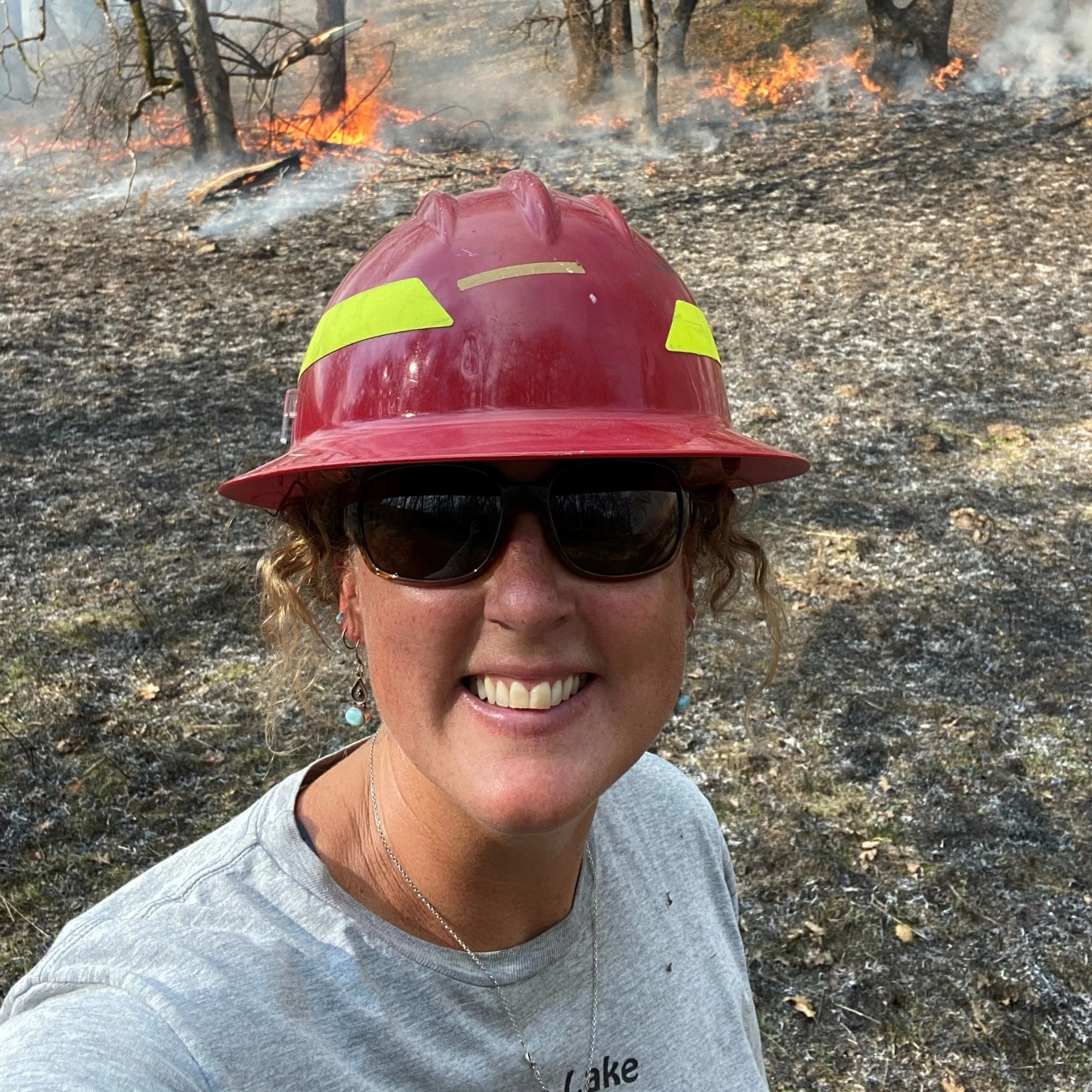
Lenya Quinn-Davidson - Innovations in Community-Led Burning
Lenya Quinn-Davidson is the Fire Network Director for the University of California Agriculture and Natural Resources, where she leads a statewide team working on various facets of community and landscape resiliency. Over the last 15 years, Lenya’s work has focused in large part on the human connection with fire. Lenya has worked at various scales, including locally with private landowners and community members; at the state level, where she collaborates on policy, research, and training; and nationally/internationally, through her leadership on the Women-in-Fire Training Exchange (WTREX) Program.
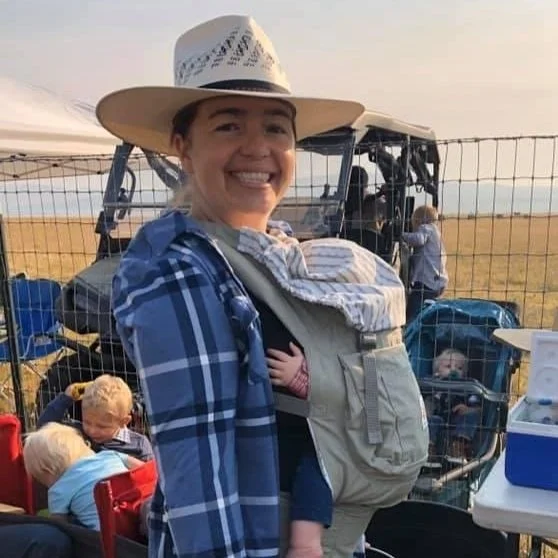
Robin Hansen - Sustained Funding for All-Lands Stewardship
Robin Hanson lives in Susanville, CA with her husband and two young daughters. In her position at California Rangeland Trust, she brings additive conservation opportunities to the Trust’s landowner network. She grew up in the ranching community & has a degree in Recreation Administration with a focus on Parks & Natural Resources from Chico State. She has a cow-calf operation with her dad & sister in the Sacramento Valley, and helps her husband’s family with their cattle ranch in the high desert of Northeastern California.

Lisa Lien-Mager - Welcome Panel
Lisa Lien-Mager serves as Deputy Secretary for Forest and Wildfire Resilience, leading the Agency’s initiatives to improve the health of California’s forests and landscapes while building resilience to wildfire. She also serves as the Agency’s lead in implementing California’s Wildfire and Forest Resilience Action Plan and aligning policies, programs and investments to help achieve the Action Plan’s goals. Prior to being appointed to the role in September 2023, Lisa served as Senior Advisor for Strategic Communications at the Agency from 2021 to 2023 and as Deputy Secretary for Communications from 2017 to 2021. Before joining the Agency, Lisa served as Director of Communications for the Association of California Water Agencies for five years and held various other positions at that organization. She holds a bachelor's degree in journalism and Spanish from the University of Wisconsin-Milwaukee and started her career as a reporter for the Milwaukee Sentinel.

Michael O’Casey - Political Realities
Michael is the Deputy Director of Forest Policy and Northwest Programs at the Theodore Roosevelt Conservation Partnership (TRCP). His passion for public lands and policy was sparked as a kid fishing the Columbia and hunting elk in the coastal forests of Oregon. He earned a bachelor’s degree in wildlife biology from the University of Montana and spent years working in the field with federal agencies and nonprofits before joining TRCP. Michael lives outside Sisters, Oregon, with his wife and two sons.
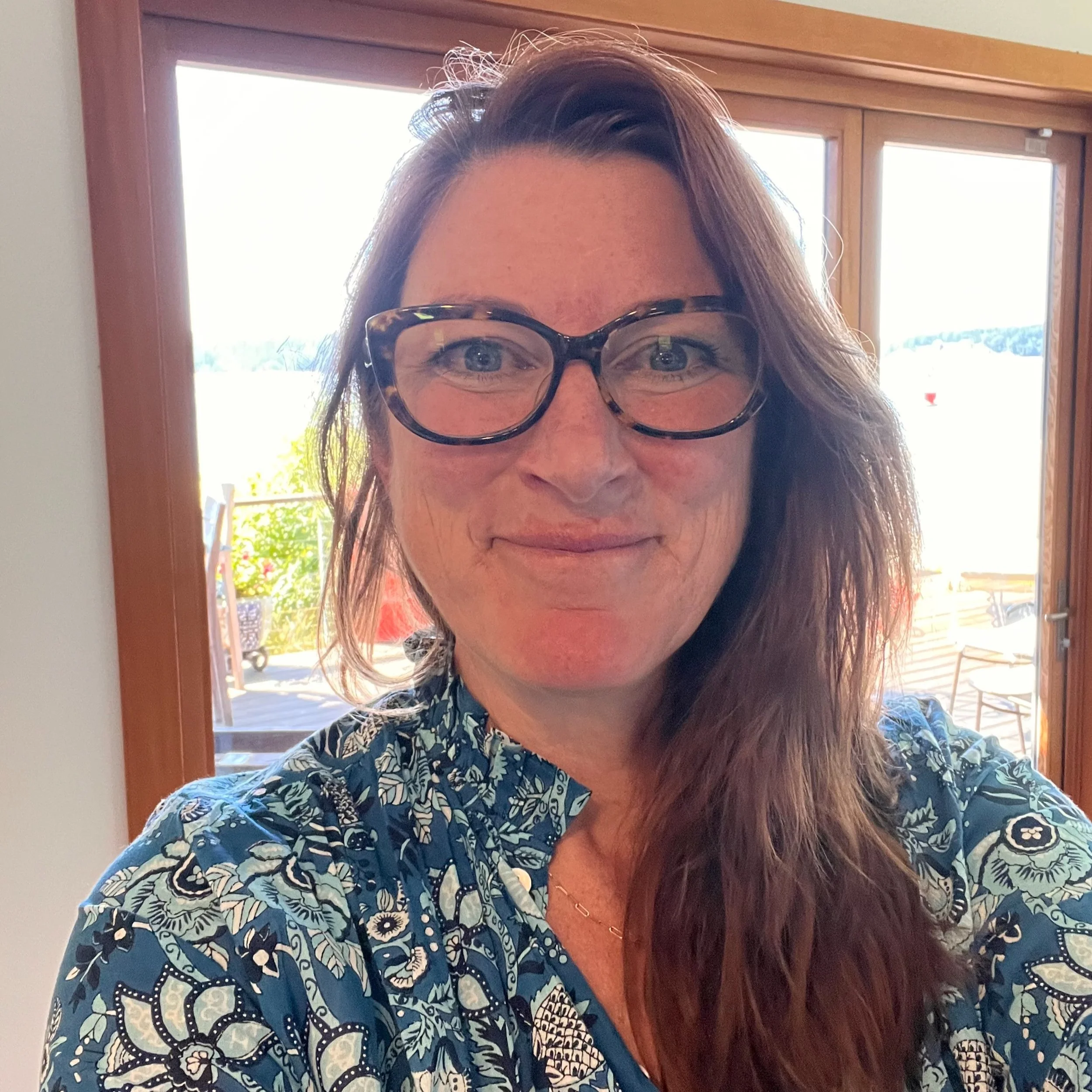
Kathleen Rutherford Riggs - Political Realities
Kathleen Riggs is Principal of Kolibri Consulting Group (KCG) a firm that works across sectors, belief systems and world views to catalyze collective action and innovation to better meet the moment of accelerating change across our common and differentiated ecological, economic and organizational realities. After over two decades of consensus building in policy realms she is now focused on building structures and processes to better prepare for futures that are emerging but not yet fully formed. When she is not working she tends a pretty amazing cut flower garden, chases two small dogs and hacks around at water sports with her husband on a tiny island in the southern Puget Sound.
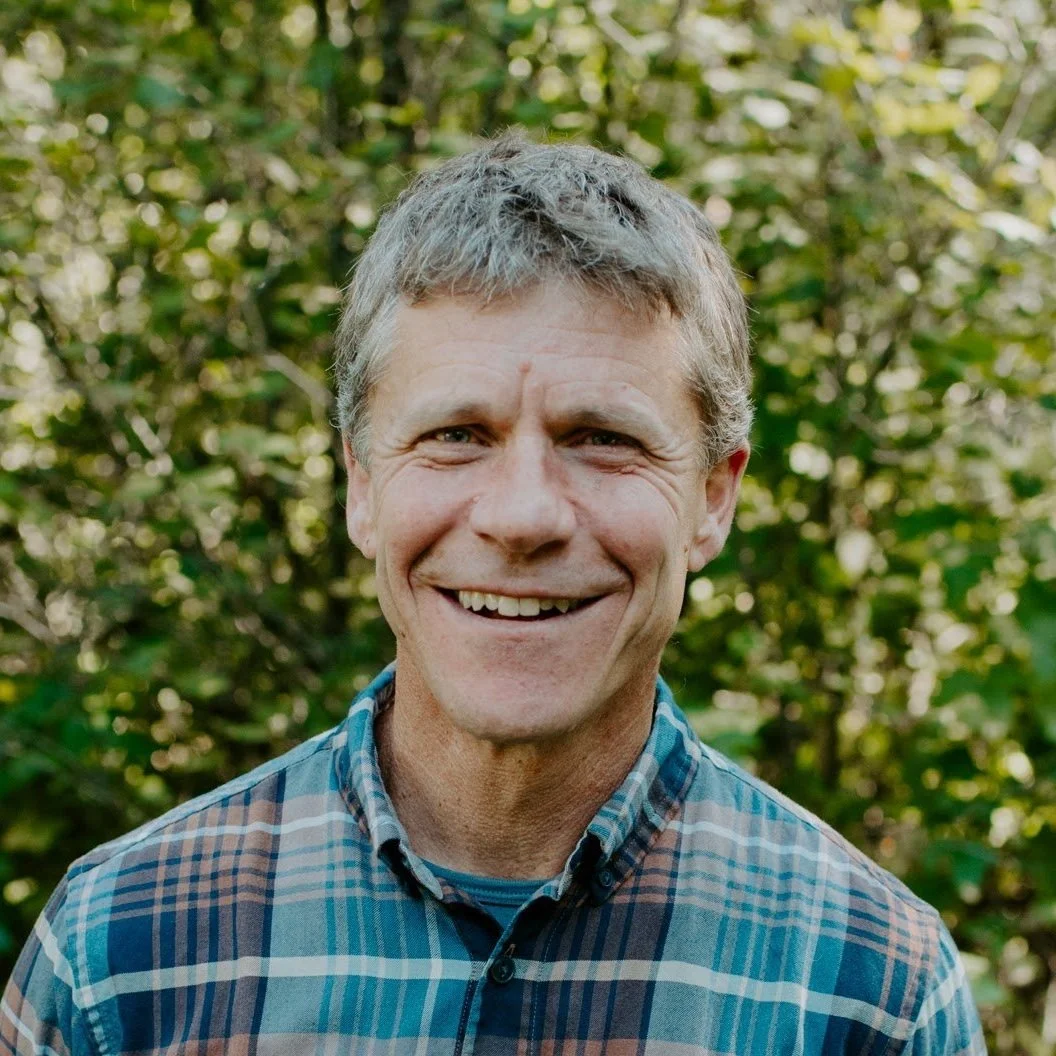
Nils Christoffersen- Stewardship Economy
Nils is a graduate of both Williams College (B.A. in Economics) and Oxford University (M.S. Forestry) and has served on many local and national boards - including the National Commission on Science for Sustainable Forestry, Oregon Board of Forestry, and World Forest Center. He also served on the Enterprise School District Board from 2004-2017 and the Winding Waters Medical Clinic from 2014-2020. He is currently the chair of Rural Voices for Conservation Coalition's steering committee. RVCC advances placed-based policy solutions from across the rural West to advance stewardship economies associated with public and private working lands.
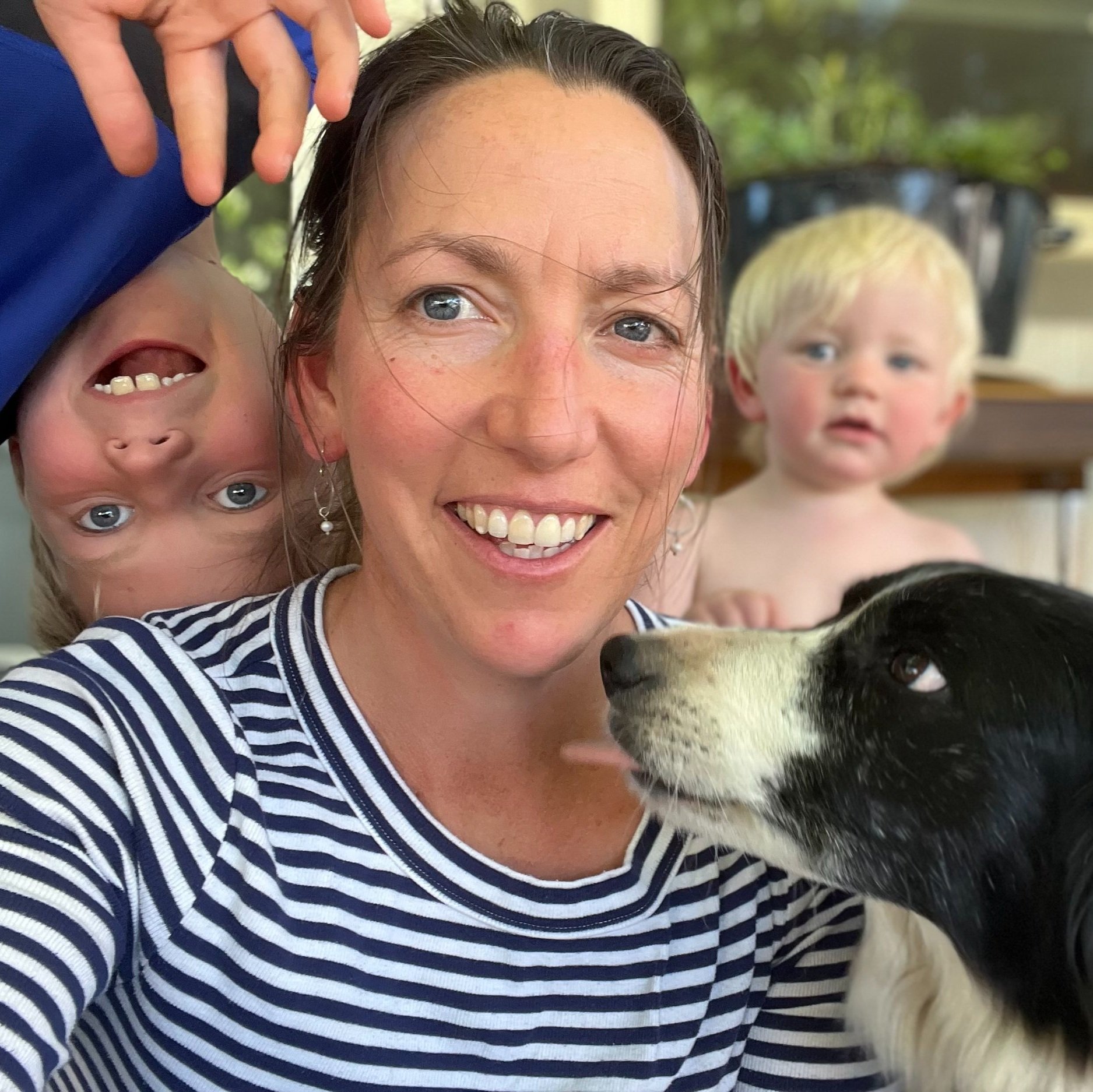
Bre Owens - Producer-Centered Climate Markets
Bre lives in Los Molinos, CA with her sons Will and Clyde, where she runs a small cattle operation. Bre serves as a convener and project facilitator, with intention to bring ranchers needs and solutions into programs, policy and communications efforts, while sharing resources and stewarding partnerships across the West. She is motivated by a love for working landscapes – for the people, land and livestock that are a part of them. She believes that agriculture at its best is conservation at its best.

Katie England Cox - Attainable Housing for the Stewardship Workforce
Katie’s love of nature was cultivated during her youth, growing up in the wilds of Idaho. Summers were spent swimming in lakes, backpacking into the Frank Church Wilderness and taking long drives around the Palouse wheat fields. Born and raised in Moscow and Elk City, Idaho, Katie has always believed that spending time in nature is integral to one’s growth. Katie received her B.S. in Education from the University of Idaho and a Masters in Architecture from the University of Washington. Her education and architecture background focused on supporting and building community spaces for the past decade. Since stepping into the position as Executive Director of Kaniksu Land Trust in June of 2019, she has continued to support community building through community conservation which focuses on the intersection of conservation, community and connection. The threads of Katie’s life have woven together her deepest passions — a love of the Idaho landscape, teaching and learning, bringing people together for positive action, and spending time outdoors. In her spare time, you will typically find Katie with her family running, biking, swimming, or skiing.
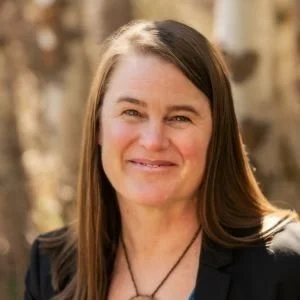
Laurel Harkness - Welcome Plenary & Moderator
Laurel has a diverse background in outdoor recreation, place-based natural resources, community development, and working landscapes. Prior to joining RVCC, she served in the California Governor’s Office of Business and Economic Development working to support resilient, equitable, and sustainable economies in rural communities. Laurel has many years of experience working collaboratively in rural communities, advancing equity in the outdoors, growing stewardship economies, and supporting wildfire recovery and forest resilience. Laurel has played key roles in large landscape conservation efforts across the west and has gained a specific focus on centering Indigenous futures in the advancement of place-based solutions. Laurel is based in Mt. Shasta, CA. She is a graduate of U.C. Davis (B.S. Soil & Water Science / Viticulture) and is currently a graduate student in Rural Policy at Oregon State University.

Temra Costa - Supporting Regional Small Wood Utilization: Why and How
Temra Costa has spent over two decades dedicated to initiatives that support regenerating land and fostering community resilience. With a commitment to sustainable practices, she has led programs across diverse domains such as circular economies, ecological and regenerative forestry, climate resilience, land stewardship, and regenerative food and agriculture. Serving as a Board Member at Gold Ridge Resource Conservation District, Temra is deeply invested in advancing land stewardship projects and practice. Moreover, as the Co-founder and Director of Regenerative Forest Solutions, a nonprofit focused on revitalizing forest ecosystems, she continues to drive impactful change. Temra's passion and expertise are also reflected in her acclaimed book "Farmer Jane: Women Changing the Way We Eat."
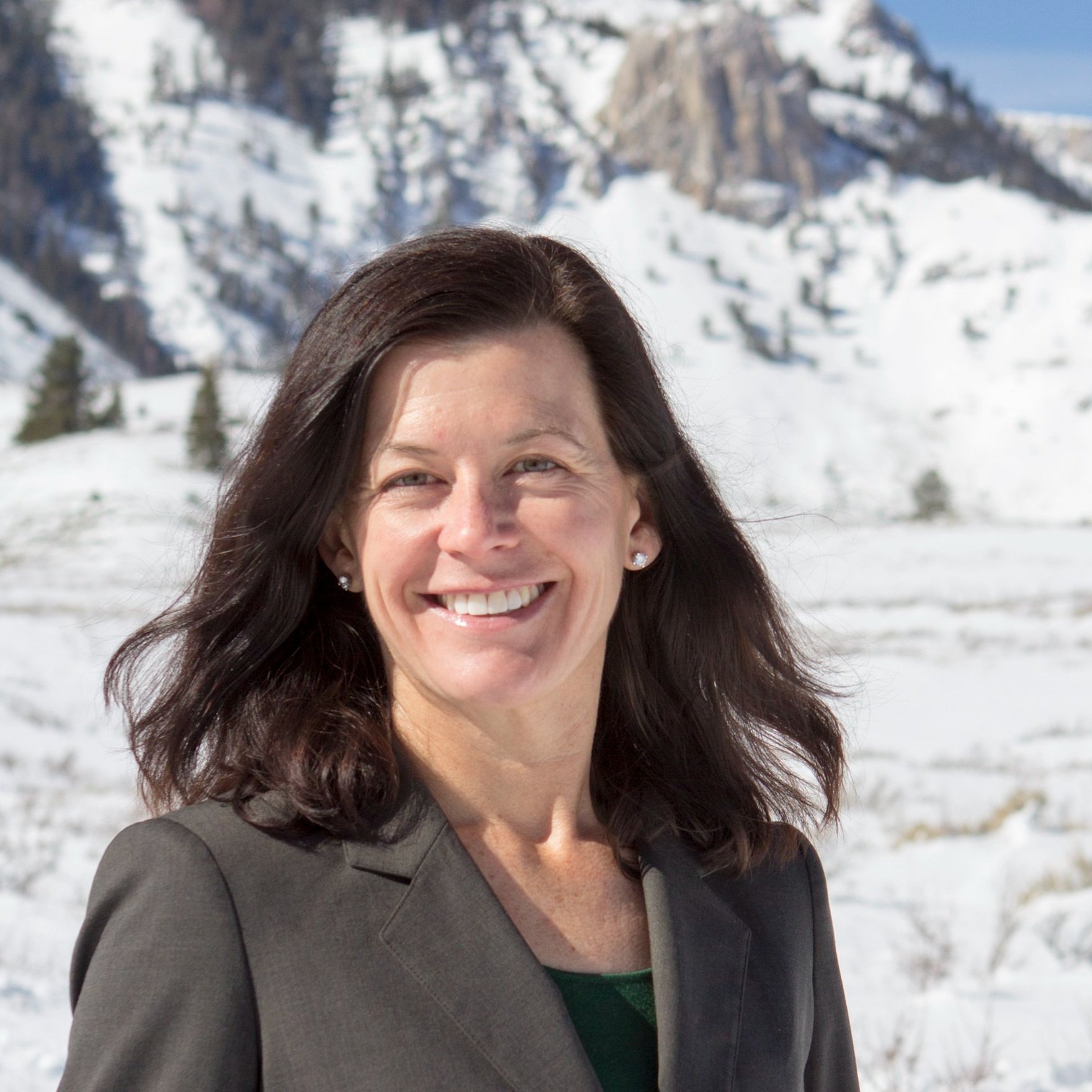
Stacy Corless - Event planner and Coalition member
At Sierra Business Council, Stacy Corless advances policy to secure the economic, environmental, and social well-being of California’s Sierra Nevada region. Prior to SBC, she was elected to two terms on the Mono County Board of Supervisors. During her tenure on the board, she served as chair of the Rural County Representatives of California and on the executive committee of the state’s Wildfire and Forest Resilience Task Force. She was also an active member of the National Association of Counties’ Public Lands Policy Steering Committee. Stacy lives in the heart of the High Sierra–Mammoth Lakes–with her husband and dog.
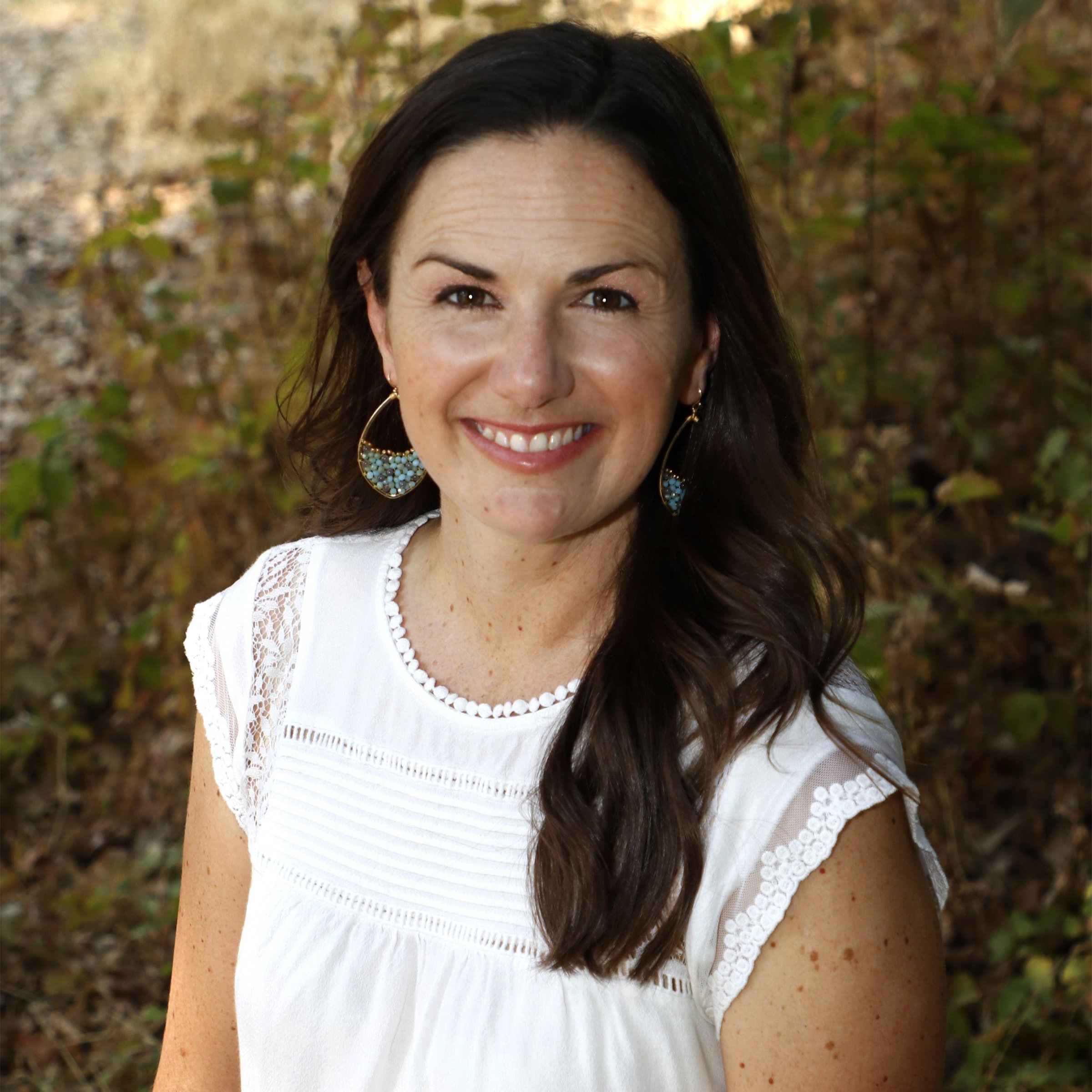
Brittany Covich - Sustained Funding for All-Lands Stewardship
Brittany Covich serves as the Policy and Outreach Division Chief at the Sierra Nevada Conservancy, a state conservancy under the California Natural Resources Agency, working to improve the environmental, economic, and social well-being of the Sierra-Cascade region. Covich began working for the SNC in 2007 after completing a Bachelor’s degree in Geography at Chico State. Covich worked directly with community partners on wildfire risk reduction and forest resilience projects as a grant manager and field representative and she now leads the SNC’s policy, communications, science, and community support work. Covich grew up in the Sierra-Cascade region and continues to live and play there with her husband and young son.
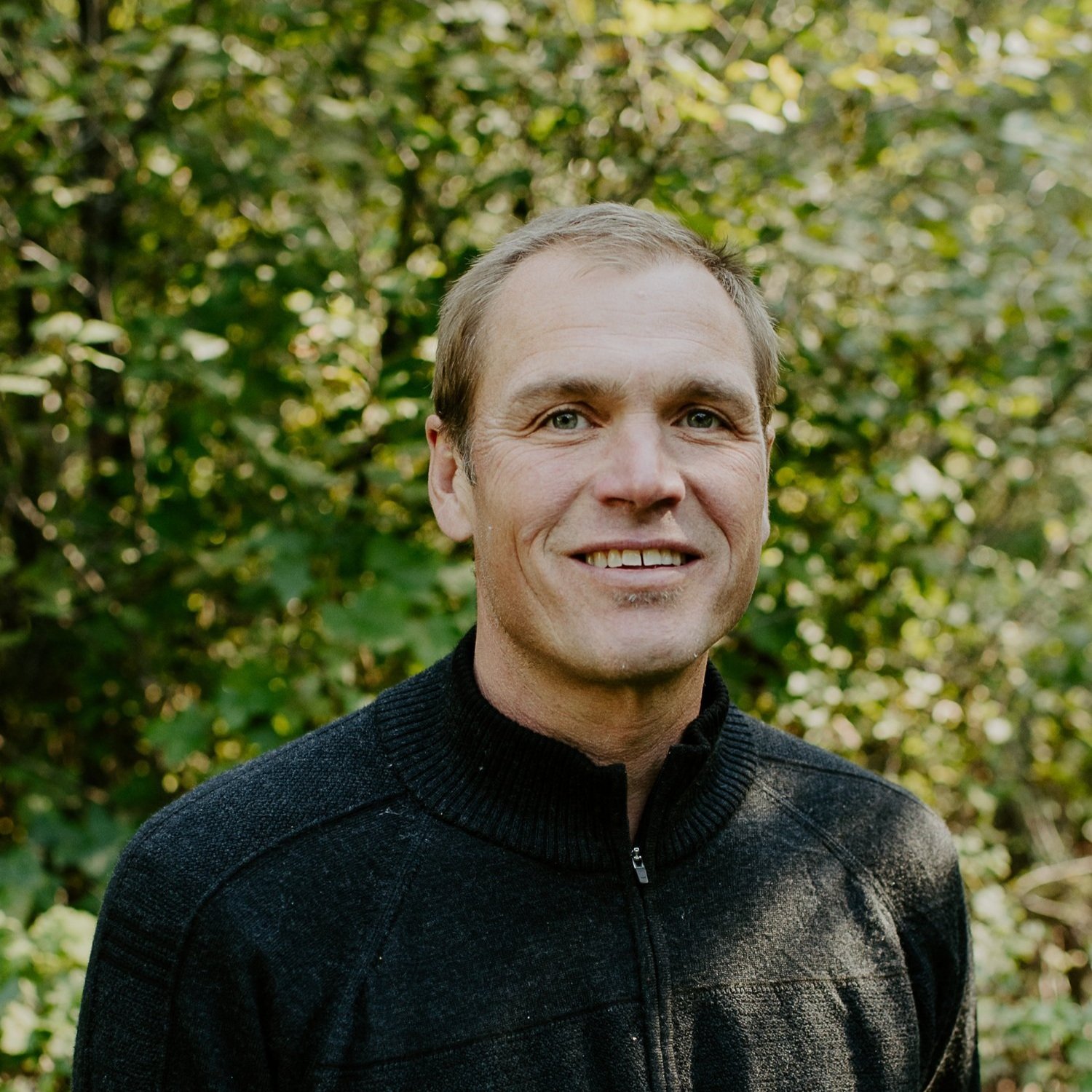
Larz Stewart - Stewardship Economy
Larz is the Development Director at Wallowa Resources and resides in Joseph, OR. He has helped to lead capital campaigns and strategic communications initiatives that support large landscape restoration projects, respond to rural community needs, and provide resources for communities across the West to have meaningful dialogue to make their landscapes and communities more resilient. He holds an M.B.A. from Hawai’i Pacific University and studied sustainable forestry as a post-graduate at the University of Hawai’i-Manoa.

Don Hankins - Keynote Speaker & Innovations in Community-Led Burning
Don Hankins is Professor of environmental geography at CSU Chico and Field Director for the Big Chico Creek Ecological Reserve. His areas of expertise include pyrogeography, conservation, and Indigenous land and water stewardship. His research includes wildland fire with an emphasis on applied landscape scale cultural and prescribed fires, and their implications to biodiversity conservation and environmental change. Don engages in various aspects of land stewardship, policy, and conservation with a variety of organizations and agencies including Indigenous entities in North America and Australia.
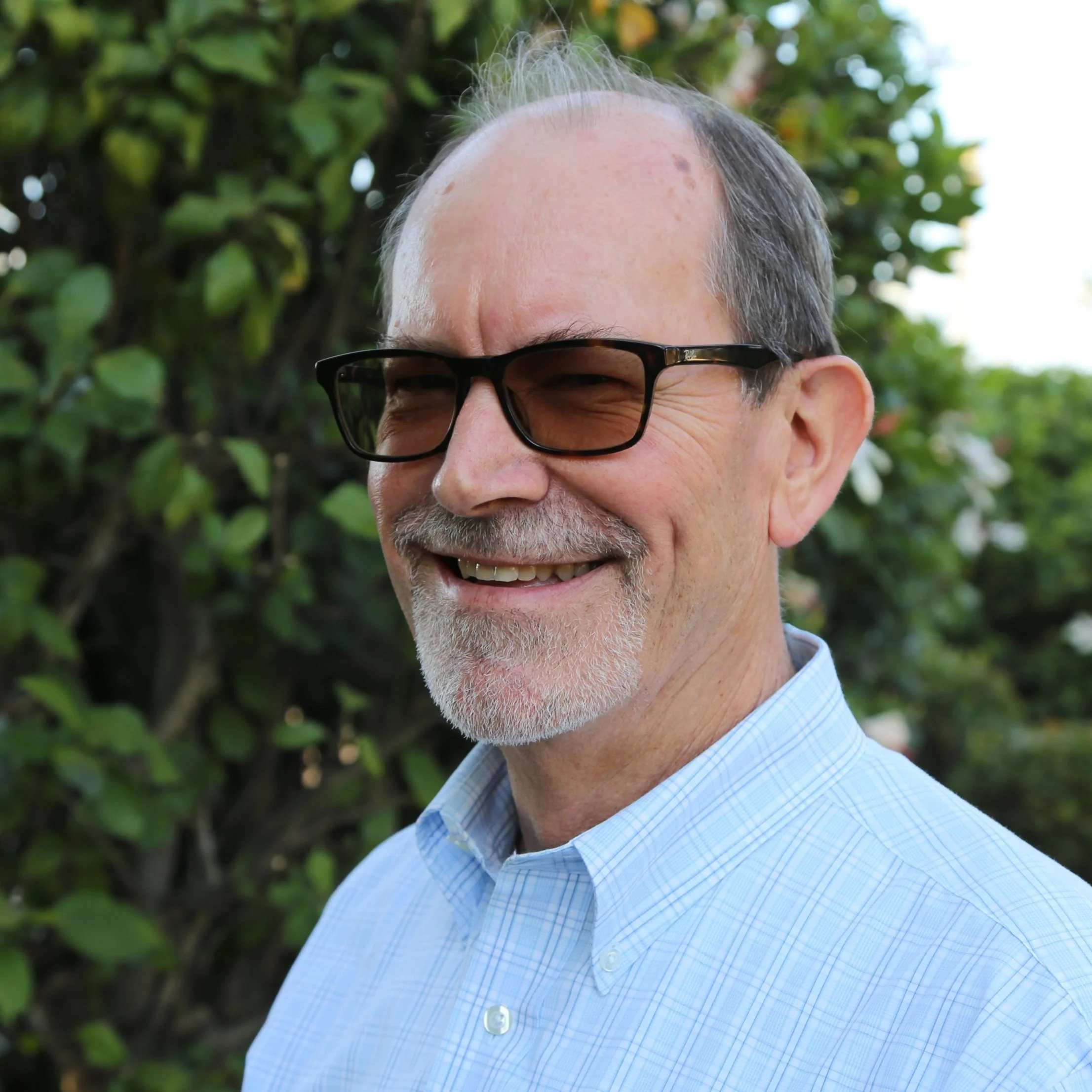
Dan Johnson - Welcome Panel
Dan Johnson is the Deputy State Director for USDA Rural Development in California. He has been with USDA for 40 years, starting with the former Farmers Home Administration (FmHA) in 1984. Dan was the Rural Development Manager in the Bakersfield Area Office for 11 years, overseeing RD’s Housing, Business, Community Facility and Rural Utility programs for Kern, Ventura and Inyo Counties. In 2007 he began specializing in Rural Development’s Community Facility programs, moving to Business Programs in 2011. In 2020 he became the Program Director for Rural Business & Cooperative Programs, a position that he held until becoming the Deputy State Director earlier this year.

Chris Estes - Stewardship Economy & Outcomes-Based Frameworks
Chris Estes is Co-Executive Director of the Aspen Institute Community Strategies Group. He’s a national rural development leader focused on equitable, sustainable, and holistic approaches to strengthening rural communities. Chris has strong policy expertise and practice experience at the community, state, and federal levels on poverty, housing, disaster and community development. He has co-led the creation of CSG’s reports on Natural Disaster, Outdoor Recreation, Funding Flexibility Rural Health & Devlopment as well as numerous case studies all featuring the voices and wisdom of rural development practitioners. In his free time he is on his bike or in the woods, hiking or mountain biking, or in the mountains doing all of those things.

Brian Wallace - Non-Governmental Support for Tribal Natural Resources Management
Appointed this September 2024 by the newly elected Indigenous governing body of The Sierra Fund, Wallace becomes the new Chief Executive Officer, tasked to lead a movement that seeks to protect these vital cultural landscapes, and to empower indigenous leadership, preserve cultural ecologies, and recognize the rights of nature as we chart a new course for the Sierra BioRegion’s future. As the new CEO, Wallace’s long record of constructive national and international leadership, brings decades of experience and proven success to this new movement to center the voices of the land and culture in all discussions related current and future Sierra Nevada Biodiversity. “By foregrounding indigenous leadership and wisdom, we are not only honoring the deep cultural ties that First Nations have to this land but also embracing their proven methods of sustainable land stewardship. This approach is more than just conservation; it is a commitment to restoring and nurturing the living systems that sustain all life in the Sierra BioRegion”.
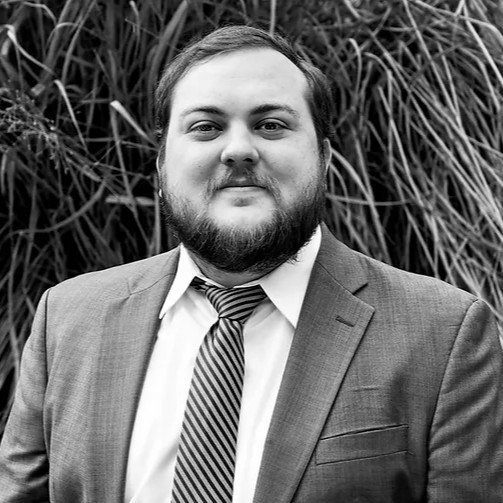
Brett Fulcer - Political Realities Panel
Brett Fulcer is the Vice President of the Brumidi Group, a D.C.-based government affairs consulting firm. Brett helps clients navigate a range of policy areas, including economic development, transportation, appropriations, outdoor recreation, and conservation. Before joining the Brumidi Group, Brett was a professional staff member for the House Committee on Transportation and Infrastructure. Brett earned his J.D. from George Mason University and a bachelor’s degree in political science from Virginia Tech. He lives in Denver, CO.

Cole Jenson - Moderator
Cole earned his M.S. in Environmental Policy and Management at the University of California, Davis, with a focus on sustainable agriculture and wood utilization for wildfire resilience and rural community benefit. Before moving to California, Cole’s wide ranging path included studies in neuroscience and music at Duke University and a couple of years of rural public health work in Nome, Alaska. This all led him to work at the intersection of the wellbeing of our communities and our environments. Outside of work, Cole enjoys hunting, skiing, biking, and boardgame rivalries.
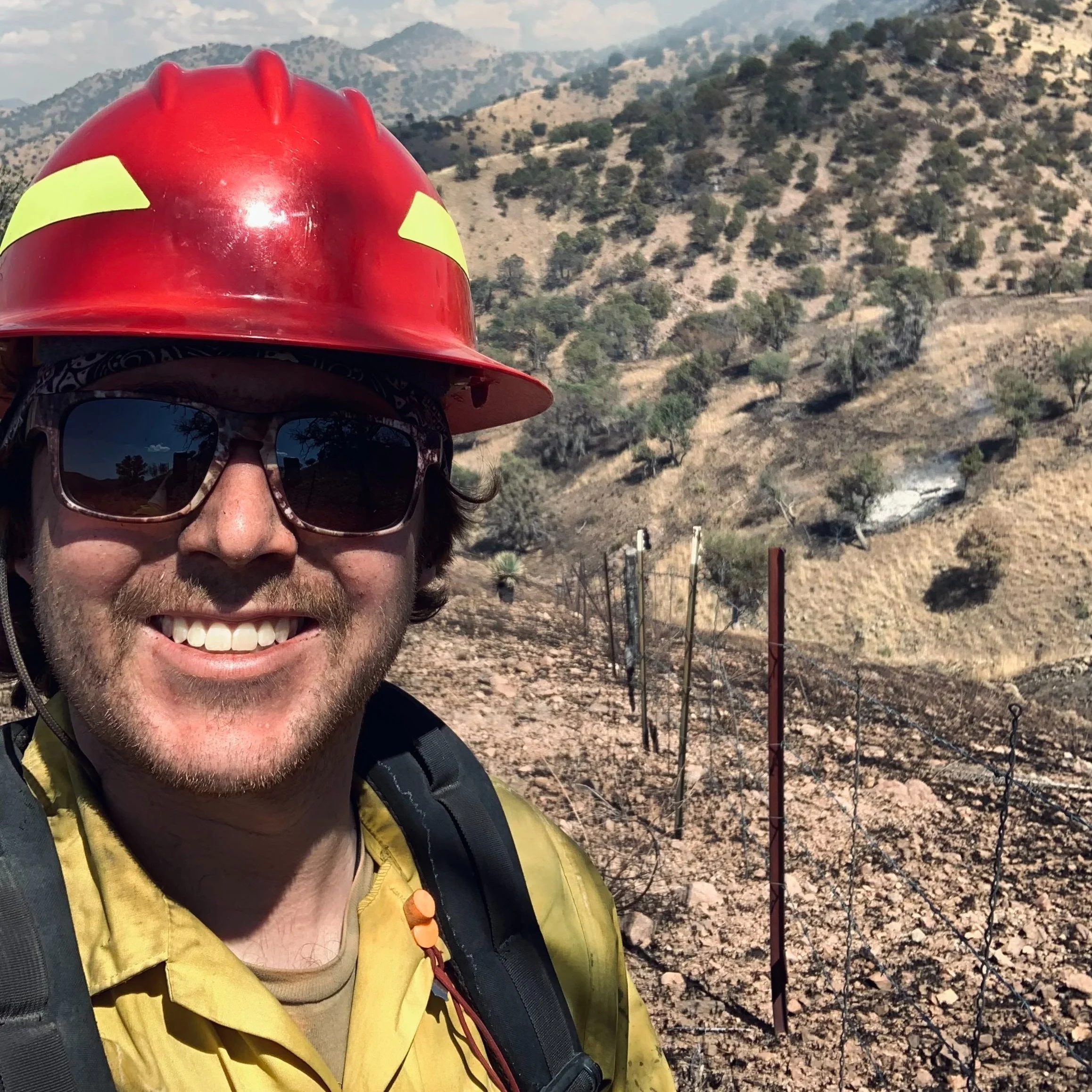
Jack Rinck - Innovation in Community-Led Burning
Jack Rinck is based out of Missoula, Montana and during his tenure at the Department of Natural Resources and Conservation he has created, and now coordinates the Montana Prescribed Fire Council. The Council, like those in other states, hopes to collaboratively promote prescribed fire, at all levels, and to address the many barriers that inhibit the reintroduction of fire to Montana's landscape.

Nick Goulette - Sustained Funding for All-Lands Stewardship
Born and raised in Maine and trained as a forester at the University of Vermont, Nick moved to CA in 2004 launching a 20-year career with the non-profit Watershed Research and Training Center, taking
over as Executive Director in 2009. He oversees programs focused on forestry, fire and fuels, watershed and fisheries, youth development and natural resources policy. Nick extends his passion for rural communities and working landscapes through service on several volunteer and elected boards. He resides in Weaverville, CA with his wife and two young children where they also own and operate a nursery and garden center.
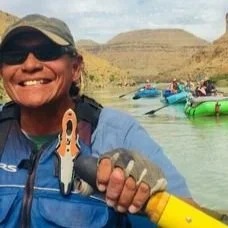
Jonathan Martin - Non-Governmental Support for Tribal Natural Resources Management
Jonathan has spent the last 30+ years in the resource management field on tribal lands throughout the Southwest. Starting out as seasonal forester, he gradually assumed positions of increasing complexity and responsibility that have provided experience in the full range of issues that confront resource managers in the Southwest. Having served as a regional level manager, he is familiar with the federal mandates and requirements of program planning and implementation. He has interacted with most federal resource management agencies within the region and knows the challenges of pursing sound management of tribal resources. He has served on numerous inter-agency teams, as an agency representative, and has always advocated on behalf of tribal resources. When he's not working he's typically out exploring the mountains and river canyons of the great Southwest.
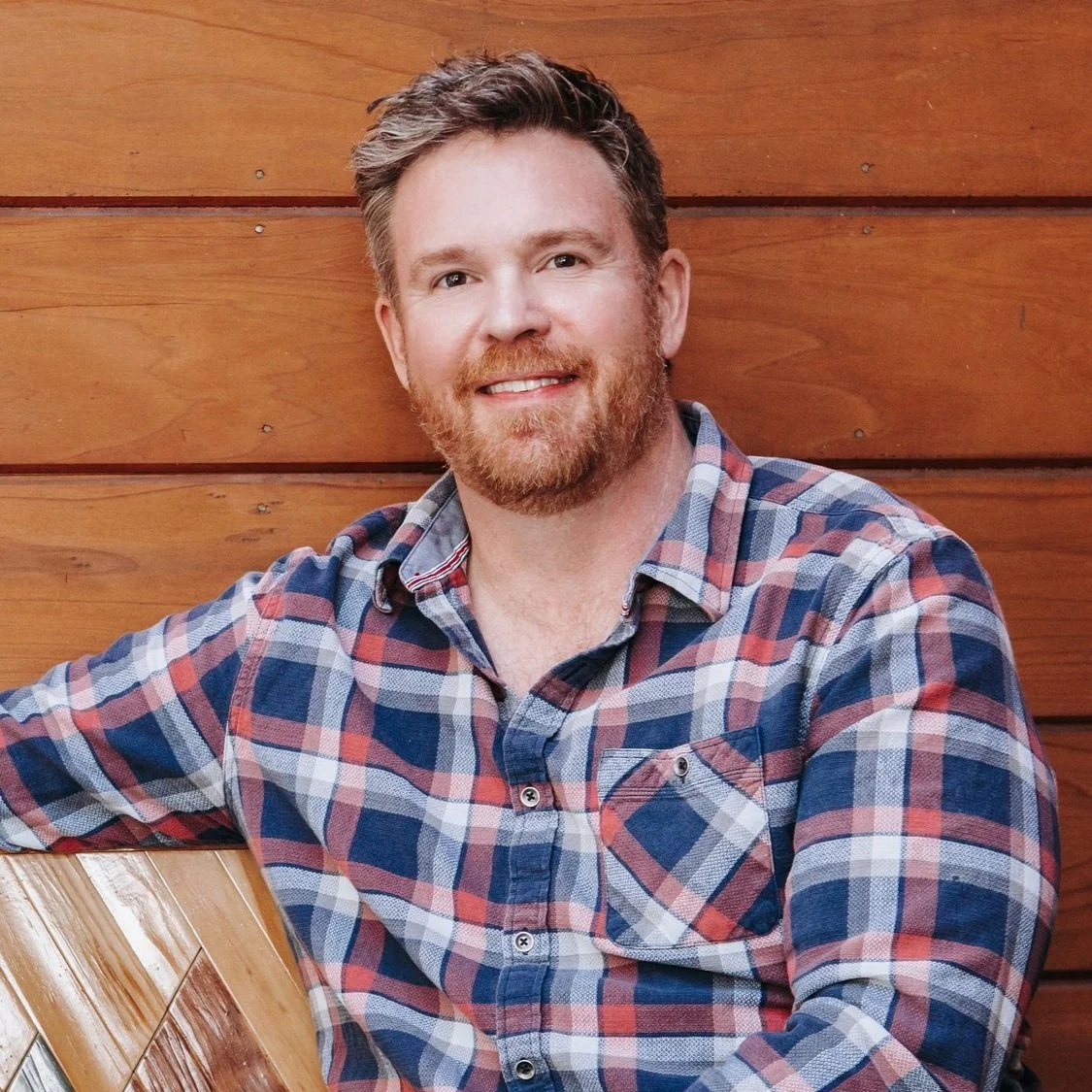
Chase Janvrin - Attainable Housing for the Stewardship Workforce
Chase is the Senior General Manager for Placemate, and oversees the general operations, performance, growth, and partner relationships of Placemate’s programs. Going on 20 years of experience in real estate, finance, operations, and project management inenvironments ranging from pre-IPO startups, to nonprofits, to fortune 500 companies, Chase’s strategic view has helped Placemate scale into a more impactful business, with greater reacharound the Country. Under Chase’s tenure, Placemate has streamlined operations into a fully plug and play, yethighly customizable, tool to address housing issues in resort communities. Now in 10 markets, Placemate has “unlocked” over 600 homes and helped over 1,300 locals secure housing.
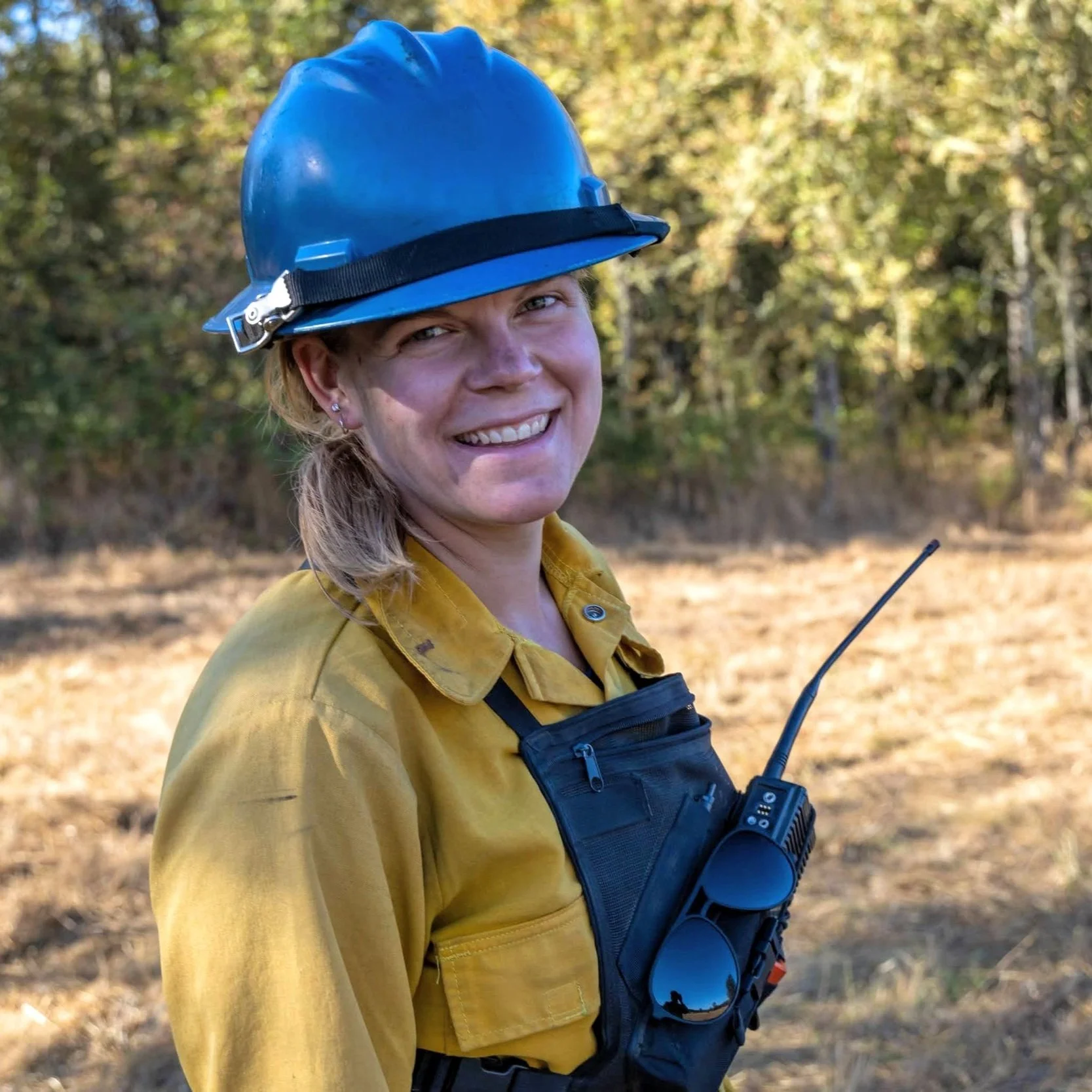
Leslie Neu-Lamping - Moderator & Storytelling
After earning a forestry degree from the University of Montana, Leslie spent six years working as a federal wildland firefighter. Between fire seasons, she gained valuable experience as a policy intern for the U.S. Fish and Wildlife Service in Washington, DC and at the National Interagency Fire Center in Boise, Idaho. These experiences inspired her to study natural resource policy at the University of Oregon School of Law. As a law student, Leslie concentrated her work experience and scholarship on issues affecting natural resources management, especially the laws and policies of wildland and prescribed fire. She served as a law clerk for the U.S. Department of the Interior Office of the Solicitor and the Matanuska-Susitna Borough in Palmer, Alaska. Leslie joins RVCC after working for the Oregon State Fire Marshal, supporting statewide wildfire preparedness regulations and initiatives. She lives in Redmond, Oregon with her husband and dog.
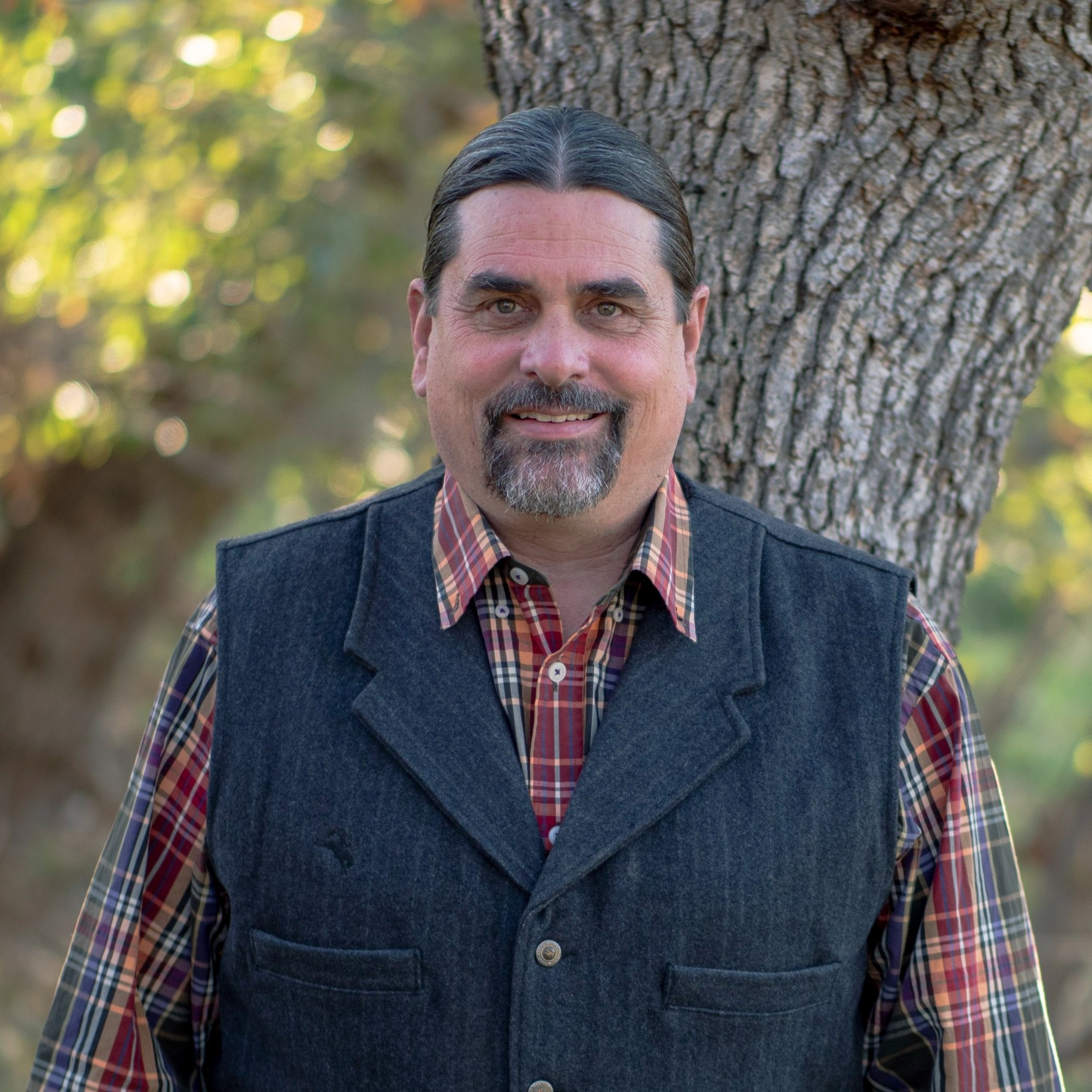
Marko Bey - Non-Governmental Support of Tribal Natural Resources Management
Marko is the Founder and Executive Director of Lomakatsi Restoration Project. Established in 1995, Lomakatsi is a regional tribally affiliated—multicultural organization whose mission is to restore ecosystems and the sustainability of communities, cultures and economies. Marko has over 35 years of experience working across seven western states in ecosystem restoration and workforce development. Lomakatsi serves tribal and rural communities through job creation, community business infrastructure development and restoration implementation across thousands of acres of forests and miles of streams.

Katie Wollstein - Applying Outcome-Based Frameworks
Dr. Katie Wollstein is an Assistant Professor (Practice) in the Department of Animal and Rangeland Sciences at Oregon State University and Rangeland Fire Specialist with the Extension Fire Program. Based at the Eastern Oregon Agricultural Research Center in Burns, Oregon, her research and extension focus on (1) adaptive co-management of rangeland resources, (2) collective arrangements for managing public goods such fire resilience, and (3) supporting ranchers, agencies, and other partners in leveraging their different tools, capacities, and types of knowledge to anchor and grow resilient rangelands.

Georgia Reid - Supporting Regional Small Wood Utilization: Why and How
Georgia Reid is a Project Development Manager at Wisewood Energy. Georgia has worked in wood energy and natural resources for the last decade. At Wisewood, Georgia works with rural communities, businesses, utilities and service providers to collect energy data and select wood energy systems that stabilize energy costs and strengthen stewardship economies. She is a graduate of the Startup Northwest Oregon Native Entrepreneur business management program and has been recognized for her environmental leadership and research by the State of Oregon, the Udall Foundation, Columbia University, and her alma mater, Lewis & Clark College.
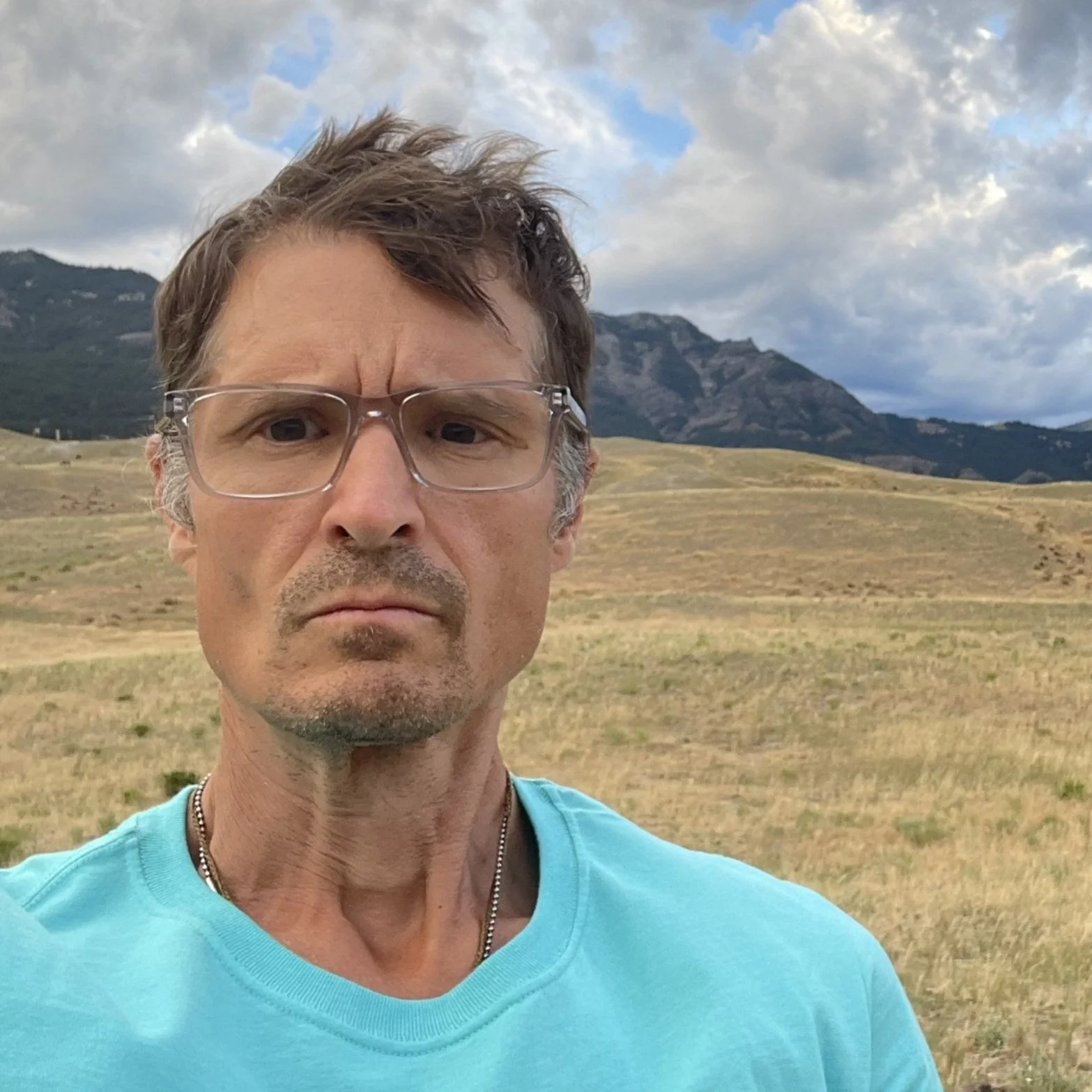
Pete Nelson - Political Realities
Pete has over 25 years of experience in the federal forest policy arena. Overstory Strategies provides actors in the forest policy space insights for framing and solving complex policy problems. Clients include the US Forest Service, NGOs and charitable foundations, and current projects involve advising the agency on the development of national old growth policy and partnerships for the creation of innovative decision support systems. Pete is a graduate of the University of Washington and resides in Bozeman MT.

Belinda Brown - Non-Governmental Support for Tribal Natural Resources Management
Belinda provides leadership for Lomakatsi’s Tribal Partnerships Program and Chairs the Inter-Tribal Ecosystem Restoration Partnership. Her career highlights include business owner, expertise in business and federal government contracting, elected tribal official, non-profit executive leadership, policy, healthcare, intergovernmental affairs coordination with tribes and rural frontier communities, DEIJA, cultural agility and facilitating forestry collaboratives. Belinda works closely with Lomakatsi’s Executive Director and staff leadership to serve tribal communities in their efforts to restore forests and watersheds on tribal trust and ancestral lands. She has also recently pursued and co-led the development of the Indian Youth Service Corps designation and federal agreement process for Lomakatsi to be a Corps Network Member and Public Land Corps Partner. She has been instrumental in Lomakatsi’s organizational development and co-creating board governance along with developing best practices and standardized protocols in health, safety and positive youth development for the youth and young adult workforce, education and training programs. She serves as a community liaison, engaging with tribal elders, tribal councils, cultural resource monitors and tribal department staff. She also works to establish and promote effective working relationships among the tribal community, Lomakatsi and federal agency and non-profit partners.

Matt King - Supporting Regional Small Wood Utilization: Why and How
Matt is the VP of Sales & Innovation at Heartwood Biomass. His role includes developing a pipeline of sales for existing product lines, developing new opportunities for new products and markets, operationalizing new product lines through facility upgrades often with grant funding, and project management for new facilities, including Tuolumne Biomass which is currently under construction. Matt has extensive experience at the nexus of forestry, renewable energy, agriculture, and production engineering, both in the US and East Africa. Matt has been project manager and grant administrator on Oregon several biomass energy projects, and has led the initial marketing and operational integration of the multiple new product lines in Wallowa. Matt is deeply familiar with mill operations and machinery, biomass energy systems, and forest restoration—all critical elements to success of biomass utilization businesses.

Neil Fleckenstein- Innovations in Community-Led Burning
Neil Fleckenstein is the Tall Timbers Planning and Advocacy Coordinator. For the last 22 years, Neil has been responsible for community planning activities and issue-based advocacy efforts to ensure the sustainability of the Red Hills region of Florida and Georgia. He has partnered with local, state, and federal agencies; non-profits; and landowners to conserve working rural landscapes that benefit communities and the environment. In recent years, Neil began focusing on legislative affairs in Florida, Georgia, and Washington D.C., representing Tall Timbers’ strategic research and conservation interests.

Jacob Stock- Attainable Housing for the Stewardship Workforce
Jacob was born and raised in Eugene, Oregon. His parents are proud Oregonians and made a point to take him and his sister to every corner of the state. This gave him a strong interest and love for the natural world and the little towns that dot the mountains and valleys of the Northwest. After earning a master’s degree in regional planning, Jacob took a municipal planning job in Santa Fe, New Mexico before landing on the Tahoe Regional Planning Agency's Long-Range Planning team. Jacob's work aims to balance healthy communities with environmental protection, believing that Tahoe deserves a land use system that works better for both people and the environment.

Caressa Nguyen - Storytelling
Caressa Nguyen is a tribal citizen of the Ione Band of Miwok Indians, as well as Vietnamese and Filipino. She co-founded Sacred Lands, Native Hands (SLNH), a nonprofit dedicated to restoring Indigenous homelands and traditional stewardship practices to the land. Leading efforts to reclaim Miwok lands in the Sierra Nevada Foothills of California, SLNH addresses the political legacy of unratified treaties that left her tribe landless until 2020. Nguyen has a global perspective on environmental justice, having conducted climate change research in Bolivia, Morocco, Peru, Vietnam, Nepal, and the U.S., focusing on Indigenous rights and resistance to natural resource extraction. Caressa has most recently initiated stewardship workforce development efforts, collaborating with Tribes and partners to restore Indigenous Ecological Knowledge (IEK) to the land as a key climate change solution. Nguyen's work focuses on restoring ecosystems, empowering Indigenous communities, and fostering intergenerational knowledge transfer. Her projects blend grassroots stewardship with policy and collaborations, all aimed at protecting Indigenous rights, fostering solidarity, and promoting tribal sovereignty.
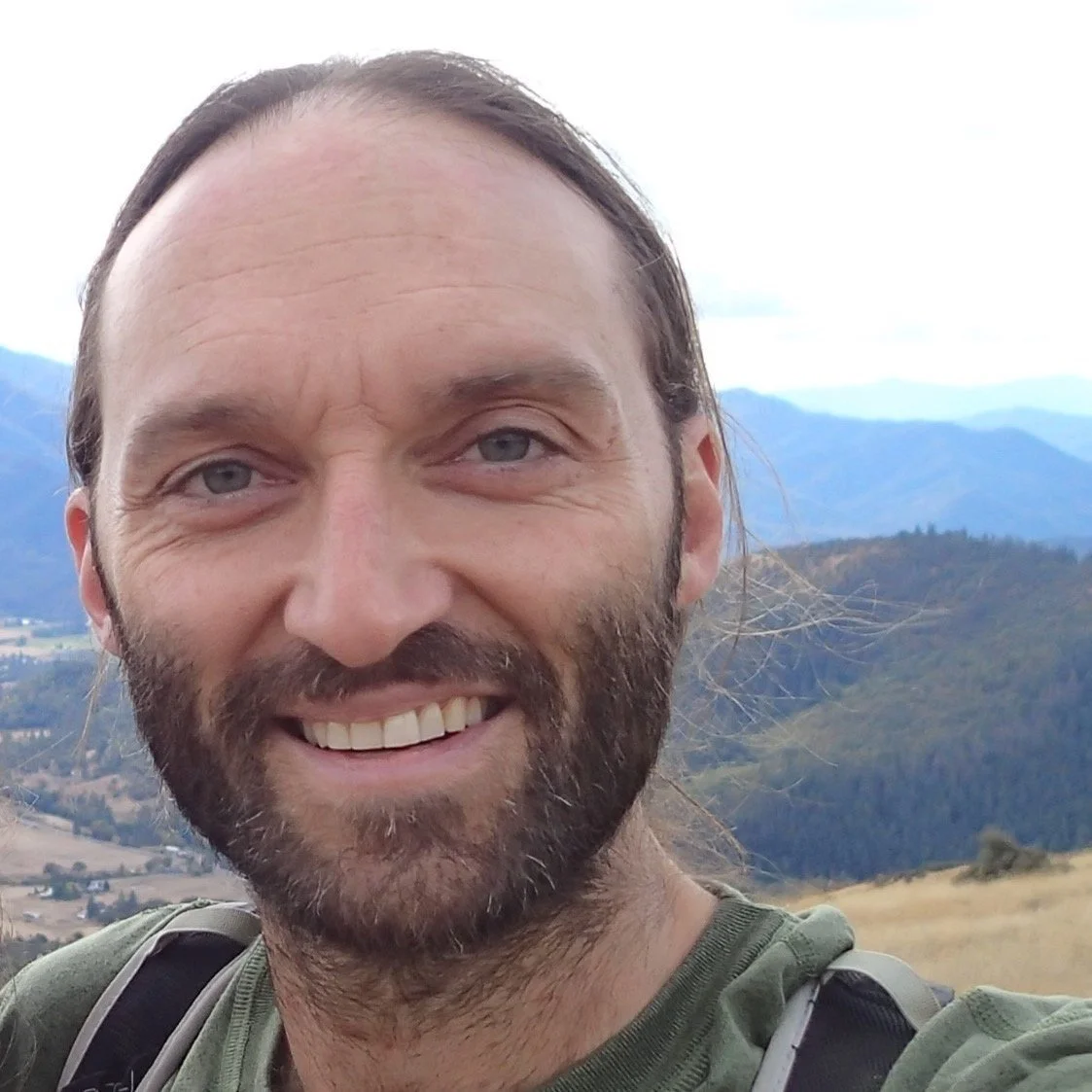
Aaron Krikav - Innovations in Community-Led Burning
After years of working in the private sector implementing fuel reduction projects and wildland firefighting, Aaron started the Rogue Valley Prescribed Burn Association, the first in Oregon, to increase the use of controlled burning on private lands through public engagement and training. Community support for and direct involvement in the application of this vital land management tool is critical to the health of our forests and safety of our communities.
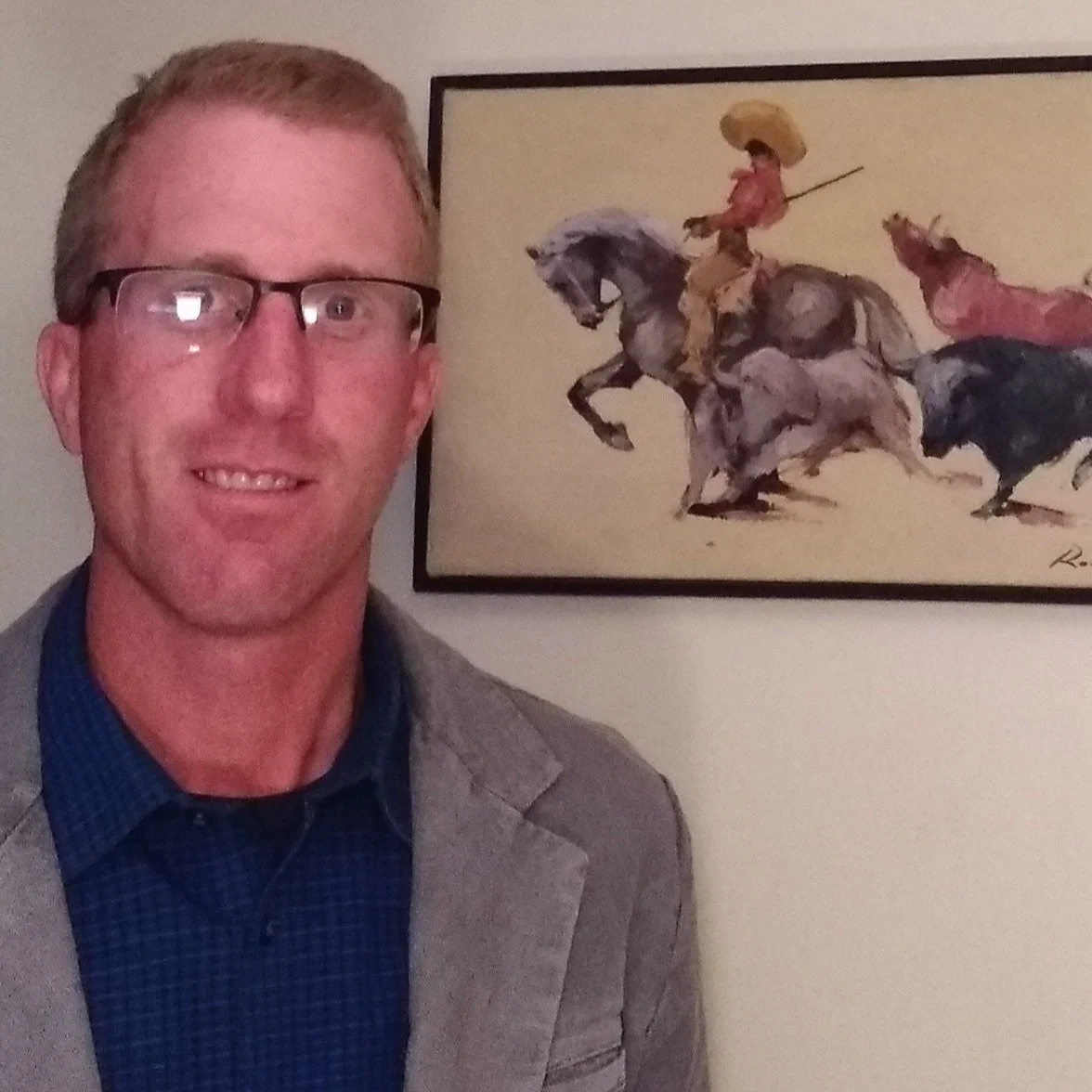
Nathan Boies - Producer-Centered Climate Markets
I come from a northeastern Nevada public/private lands family ranch. The ranch is owned and managed by my parents Steve and Robin Boies; they are the third generation to own and manage Boies Ranches. Steve and Robin Boies helped build a collaborative management group called the Shoesole collaborative management group, starting in the 2000's. The purpose of the collaborative group was to help communicate with the interested and affected groups. The new BLM grazing permit was challenged in the late 2000's by an environmental group, but the permit was successfully defended and implemented. I am an Army veteran, UNR graduate, and father of a high school age daughter. I am interested in trying to find ways to inventory ecosystem services on Boies Ranches, the development of better markets for these conservation services, and keeping conservation efforts managed through landowners and operators whenever possible.

Nic Enstice - Applying Outcome-Based Frameworks
Nic Enstice is the Forest and Fire Program Advisor at the CA Department of Conservation and serves as the Science Coordinator with the California Wildfire and Forest Resilience Task Force. Nic’s work focuses on connecting scientific research and statewide priorities to the collaboratives doing the planning and work on the ground. With his Task Force and DOC colleagues, Nic strives to ensure State funding and objectives are used to support locally-identified needs and risks, and works to help elevate key local and regional issues that have not yet reached statewide attention. Prior to this role, Nic worked for the Sierra Nevada Conservancy for 10 years, where he learned how interconnected our landscapes, communities, ecosystem services, and economies are. As a Midwest transplant to California, he enjoys the diversity of landscapes, experiences, people, and perspectives across California, as well as the drive and commitment its people have to working together.

Alex Karol - Producer Centered Climate Markets
Alex is a sheep and cattle rancher in San Luis Obispo County, California. Alex and his wife Kelsey started Outlaw Valley Ranch in 2017. They sell their beef, lamb and wool products directly to consumers and restaurants in the region. Being the first generation meant starting from scratch and utilizing as many resources and funding opportunities as possible. They have worked with the NRCS, FSA, American Farmland Trust, and Fibershed to build infrastructure and monitor rangeland health on their ranch. Alex is also the coordinator for the California Grazing Lands Coalition, his goal is to help keep CA ranchers ranching by recognizing that economic and environmental sustainability go hand in hand.
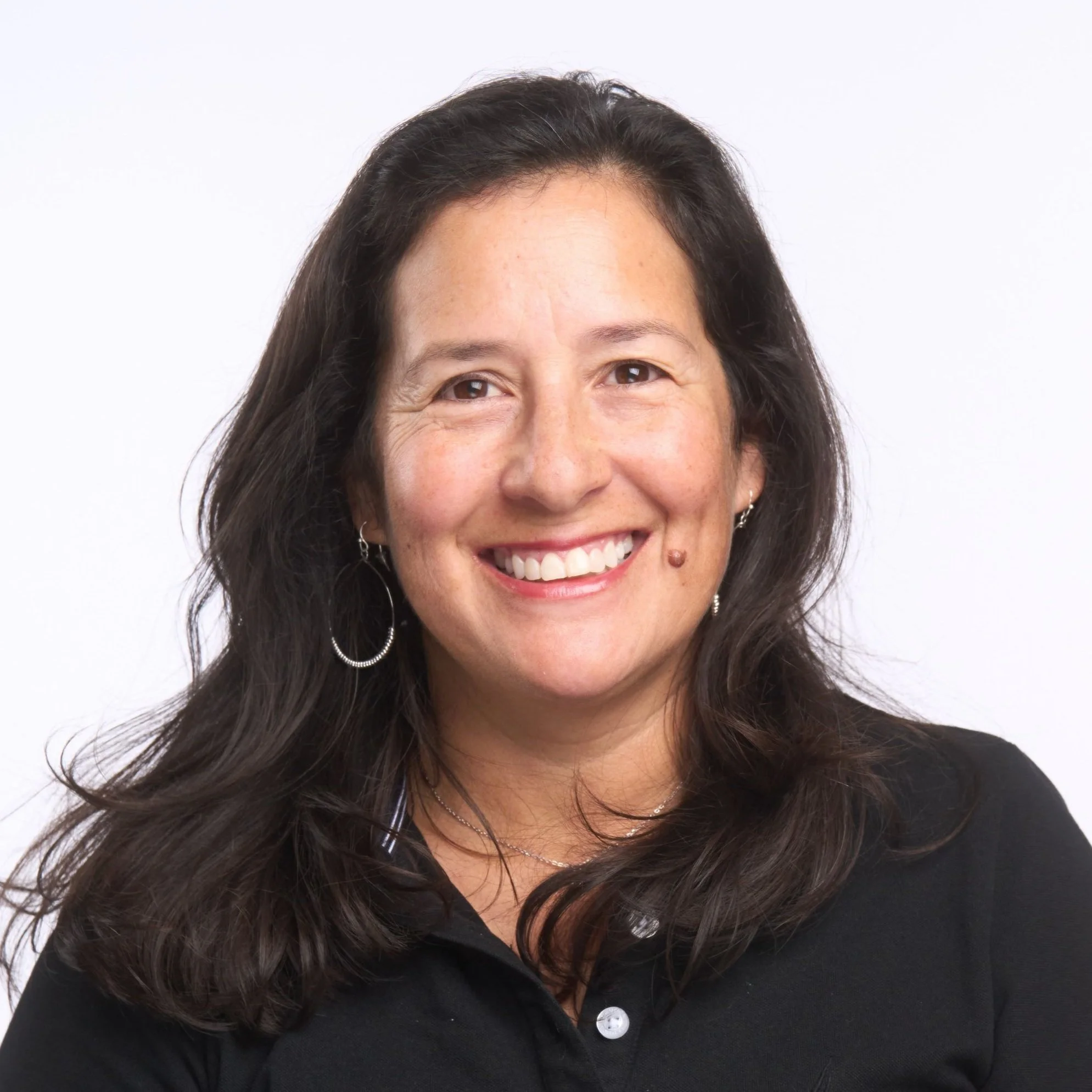
Lydia Lopez - Attainable Housing for the Stewardship Workforce
Lydia Lopez joined CACLTN in 2022, supporting the network’s curriculum, policy, convening, and technical assistance programs to members. Prior to this, she was Executive Director at La Raza Centro Legal, where she supported access to affordable housing and civil rights through legal programs. Lydia has also worked with immigrants seeking asylum and family reunification, and conducted Flores Settlement monitoring of detention conditions. She believes in strategic partnerships and consulting indigenous populations through collaborations that could create lasting impact by promoting mutual education and change. She has served on the boards of CSC, La Raza Centro Legal, Centro del Pueblo, and NISGUA, and is currently serving on the board of USSen. Lydia grew up in Guatemala and Belize, and holds a BA in Political Science from Stanford University and a J.D. from UC Berkeley School of Law.
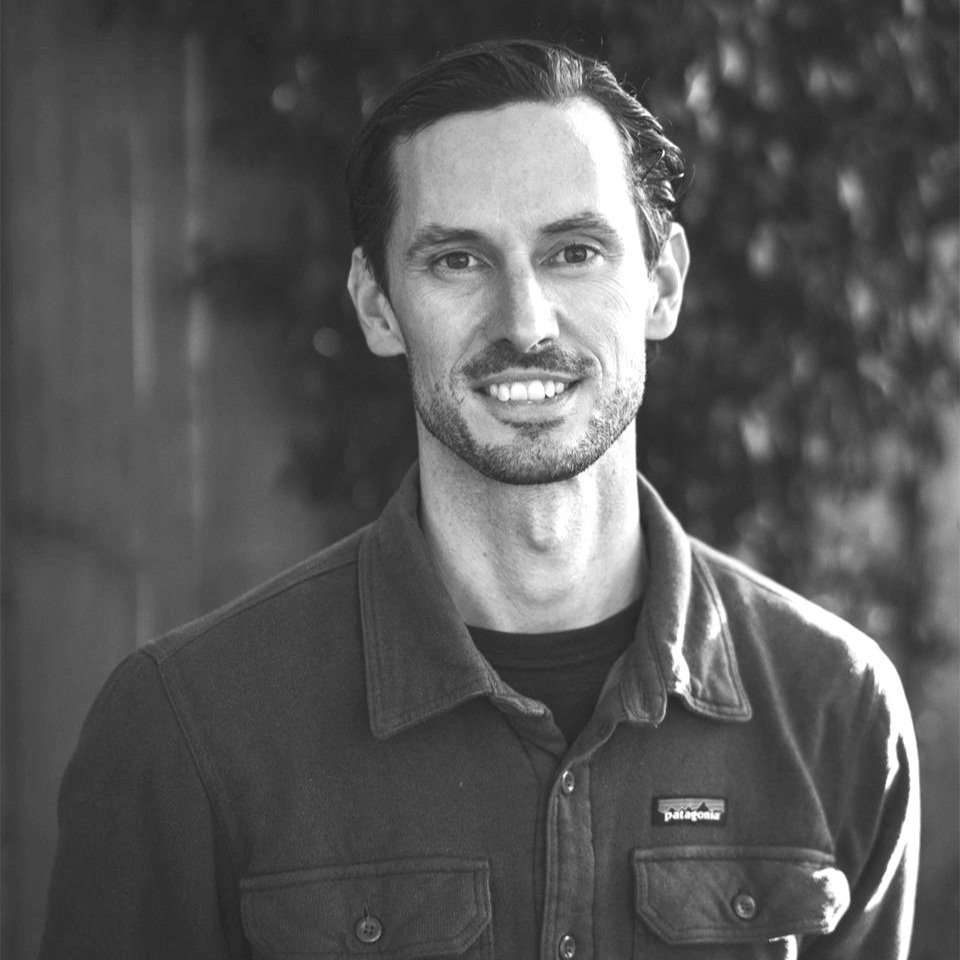
Jeremy Fisher - Supporting Regional Small Wood Utilization: Why and How
Jeremy has over 25-years of experience in the industry, and a Masters of Science in Architecture from the University of California, Berkeley. In 2021 he launched Forestree Collective to combine his passion for woodworking and fire resiliency in Sonoma County. Forestree Collective mills non-merchantable small diameter logs, turning them into a variety of secondary wood products.

Nicole Manapol - Stewardship Economy
Nicole Manapol leads the Economic Recovery Corps program at the International Economic Development Council. With 15 years working in international development across Latin America, the Middle East, North Africa, and Asia-Pacific, Nicole has led initiatives for the US State Department, Microsoft, USAID, and the higher education sector. In 2017, Nicole returned to western New York, pivoting into rural development. What she loves most about her line of work is creating opportunities for individuals, organizations, and communities to realize their potential.
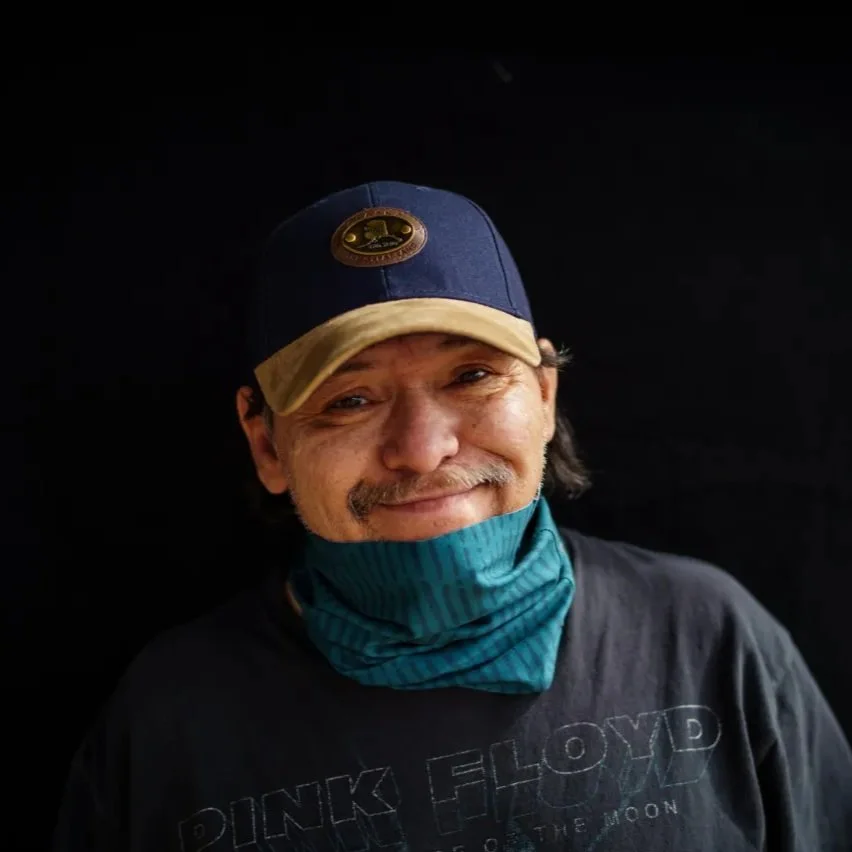
Hank Copsey - Non-Governmental Support for Tribal Natural Resources Management
Hank is a Sustainable Southeast Partnership Community (SSP) Catalyst for the village of Kake. He has been with the Organized Village of Kake (local tribal government) for over a decade and joined SSP as a Catalyst in 2021.

Chelsea Pennick - Community Benefits Agreements
Chelsea Pennick McIver is a research analyst and PhD student with the Policy Analysis Group at the University of Idaho. She is also the Society of American Forester’s Mollie Beattie Fellow in Forest Policy. Chelsea holds a Master’s degree in Forestry and a Bachelor’s degree in Rural Sociology, both from the University of Montana. Chelsea has over 10 years of experience working in the messy worlds of public lands management, collaboration, and rural community development as a researcher, collaborative member and grantmaker. She has also visited nearly every wood-processing mill in California, Montana and Wyoming. As a Mollie Beattie fellow, she is leading an investigation into the impact of collaboration on the pace and scale of restoration on federal lands. Other current research pursuits include county-level policymaking in the context of county payments (PILT, SRS, etc), an analysis of state funding for wildfire suppression and a 10-year report on the local economic impact of the CFLRP in western Montana. Chelsea currently lives in Missoula, MT.from UC Berkeley School of Law.

Chloe Schneider - Storytelling
Chloe joined EDF June 2021, thrilled to be an advocate for the revitalization of healthy and resilient ecosystems and communities alike. Her focus is on promoting policy and practice that help modern society rethink what it means to live in fire adapted ecosystems, uplifting Indigenous wisdom and sovereignty, science, and rural livelihoods. Prior to her current role, Chloe worked on small research teams connecting remotely sensed data from NASA satellites to various community environmental concerns with the NASA DEVELEOP program. She has an environmental science and geography degree from the University of North Carolina Chapel Hill. While Chloe’s work is often indoors, her passion for plant and mushroom foraging or volunteering with her local prescribed burn association often gets her into the ecosystems that she is working to revive.
